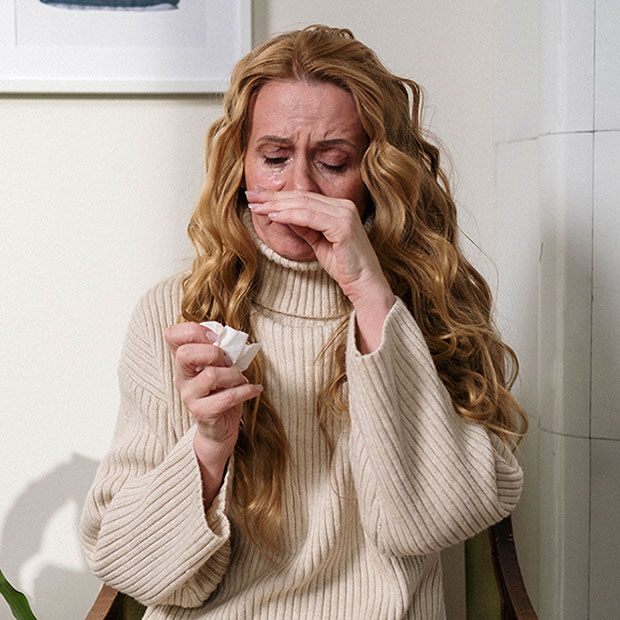Eyes and Allergies

Stopping to smell the spring flowers can be hard when your nose is stuffy and your eyes are swollen.
What makes red, puffy, itchy eyes so common in the springtime? While it’s often allergies, it isn’t always, so let’s take a look at what can cause allergy system this time of year — along with what we can do to minimize or completely avoid these unpleasant symptoms and get the most out of the season.
Triggers of Seasonal Allergies
Many different things can cause allergies, from pet dander to perfume to dust. While they don’t always stick to one time of year, they do tend to get worse in the spring and fall thanks to pollen. Grasses pollinate in the spring and other plants, ragweed included, pollinate in the fall.
During these times, tiny floating particles fill the air, and they can get caught in our airways and eyes and cause irritation. When allergens are present, all it takes is an overactive immune system and symptoms like frequent sneezing, congestion, and itchy eyes are likely to appear.
How Our Eyes React to Allergens
The common symptoms of allergies include watering, itchiness, and redness of the eyes, which could be accompanied by grittiness, swelling, burning, and increased discomfort with contact lenses. Decongestants can help address any respiratory symptoms, but that can come at the expense of drying out the eyes, which will only make eye-related symptoms worse and leave the eyes more vulnerable to airborne irritants.
Relief From Allergy Symptoms
Staying hydrated is one of the best things a person can do during an allergy attack. Eye drops can also help, especially if your allergy medication is leaving you with dry eye. Choosing glasses over contact lenses during an allergy flareup might be a good idea because contact lenses can trap foreign substances like allergens right against the eye, making the symptoms even worse. Whether you wear glasses or stick to contacts, however, do refrain from rubbing your eyes.
Preventing Seasonal Allergies?
When allergens like pollen are in the very air we breathe, it can be very difficult to avoid them, but it is certainly possible to minimize exposure. A great way to do that is to keep the windows closed and free of box fans that sit in the windowsill blowing in the outside air, and even something as simple as wearing sunglasses (or normal glasses) can help. Just make sure to stay indoors on windy days and wear a pollen mask if you need to work with plants outdoors.
We Can Give You Tips on Allergies!
If your spring has been particularly runny and stuffy so far, we’d love to help. We want to ensure that our patients can enjoy the spring season. Give us a call if you’re experiencing allergy symptoms. We can’t wait to help you get the most out of the season.